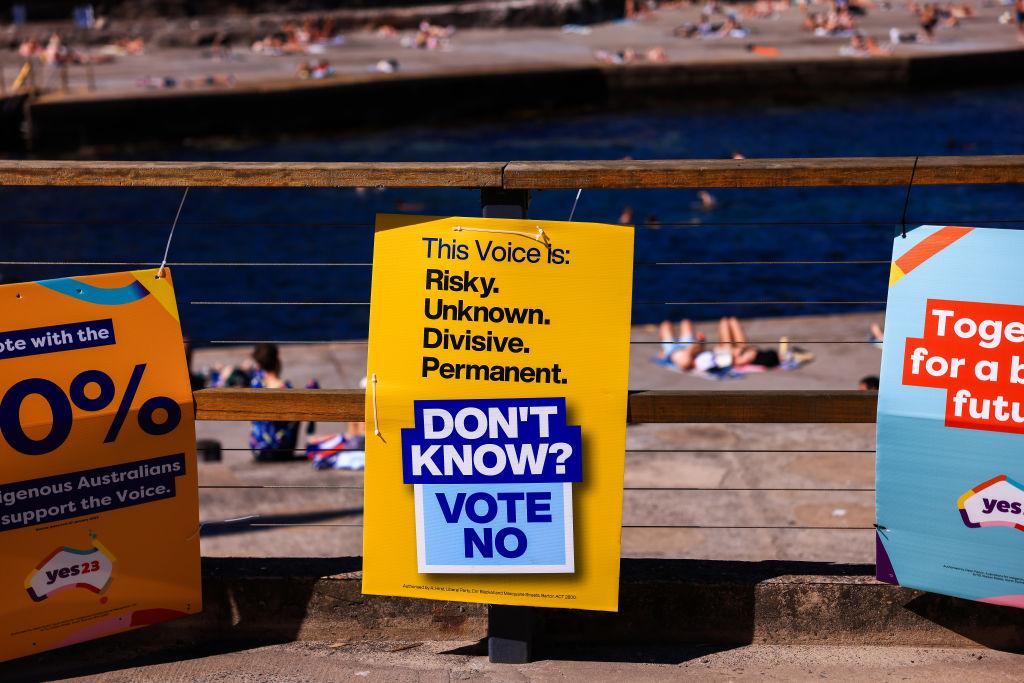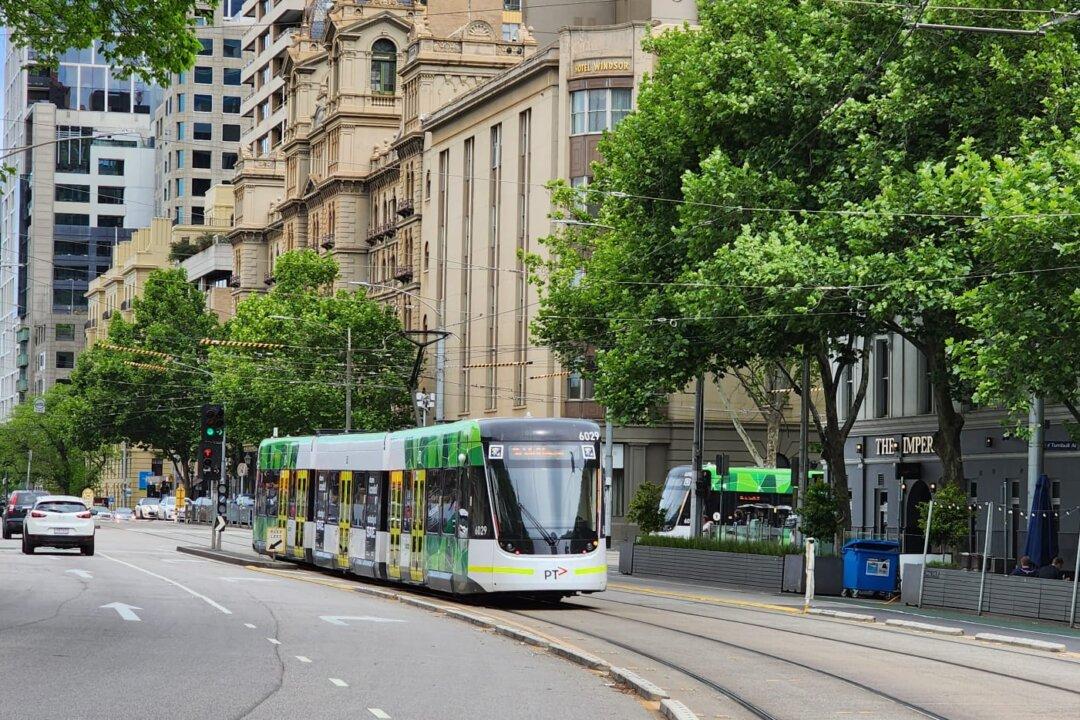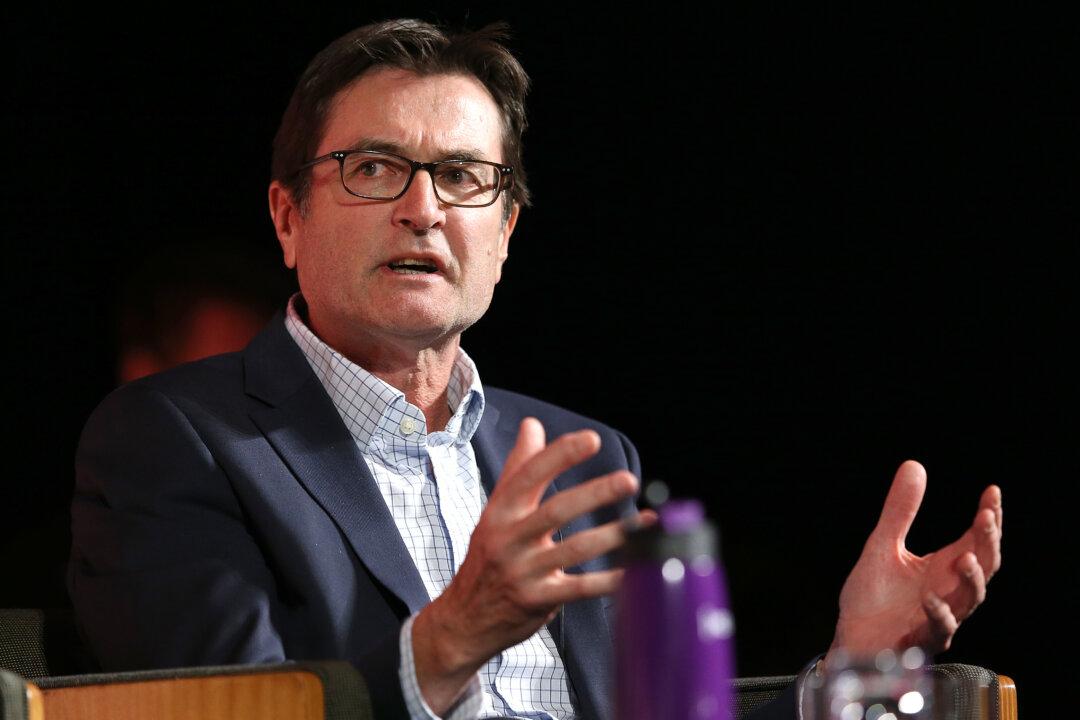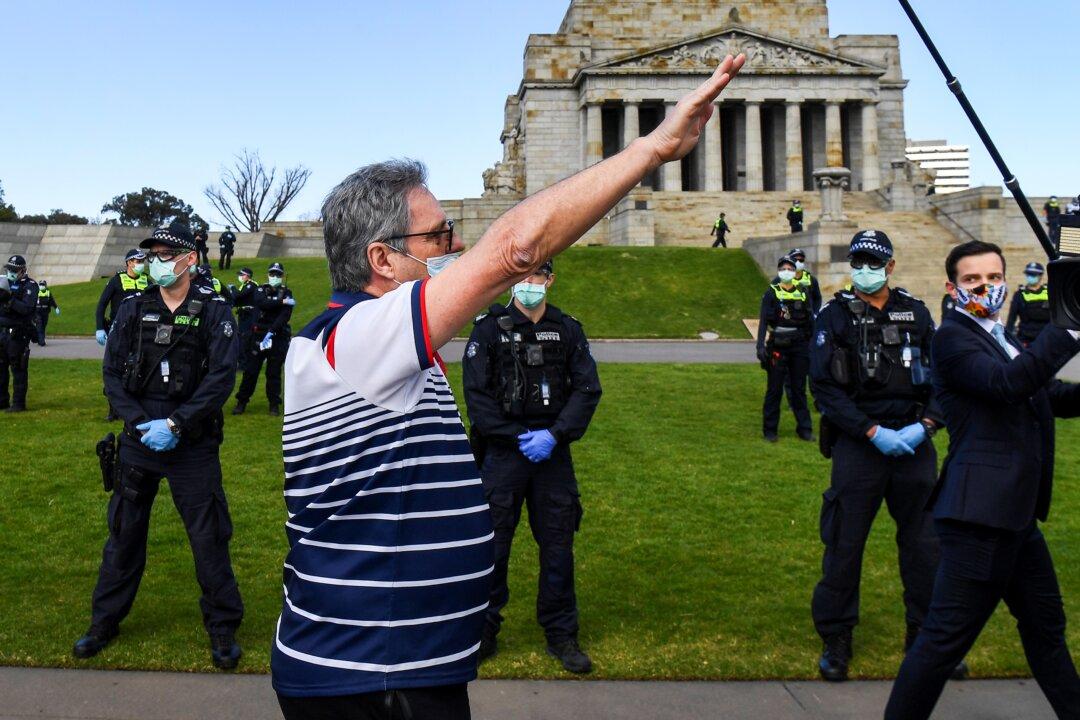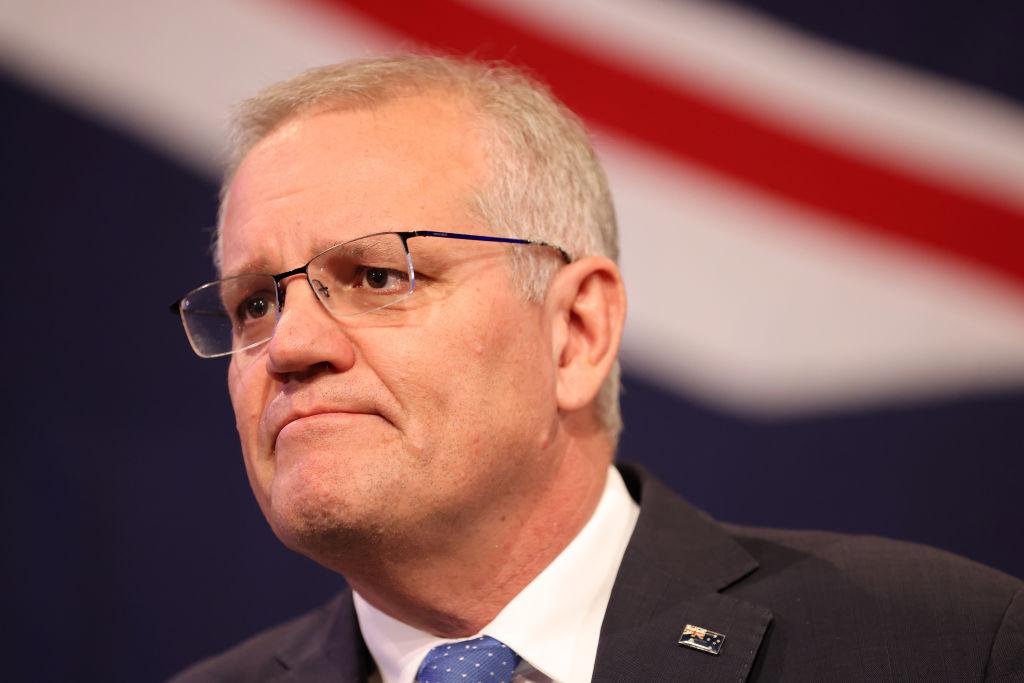Liverpool City Council Mayor Ned Mannoun has refuted suggestions that a person’s education level was a key factor behind whether they backed last weekend’s referendum on changing the Australian Constitution.
“I want to stand up for the people of Western Sydney. Commentary that says we’re not smart enough out here: that’s why we didn’t vote for ‘The Voice,’ it’s pretty disrespectful,” Mr. Mannoun told 2GB radio on Oct. 17.
